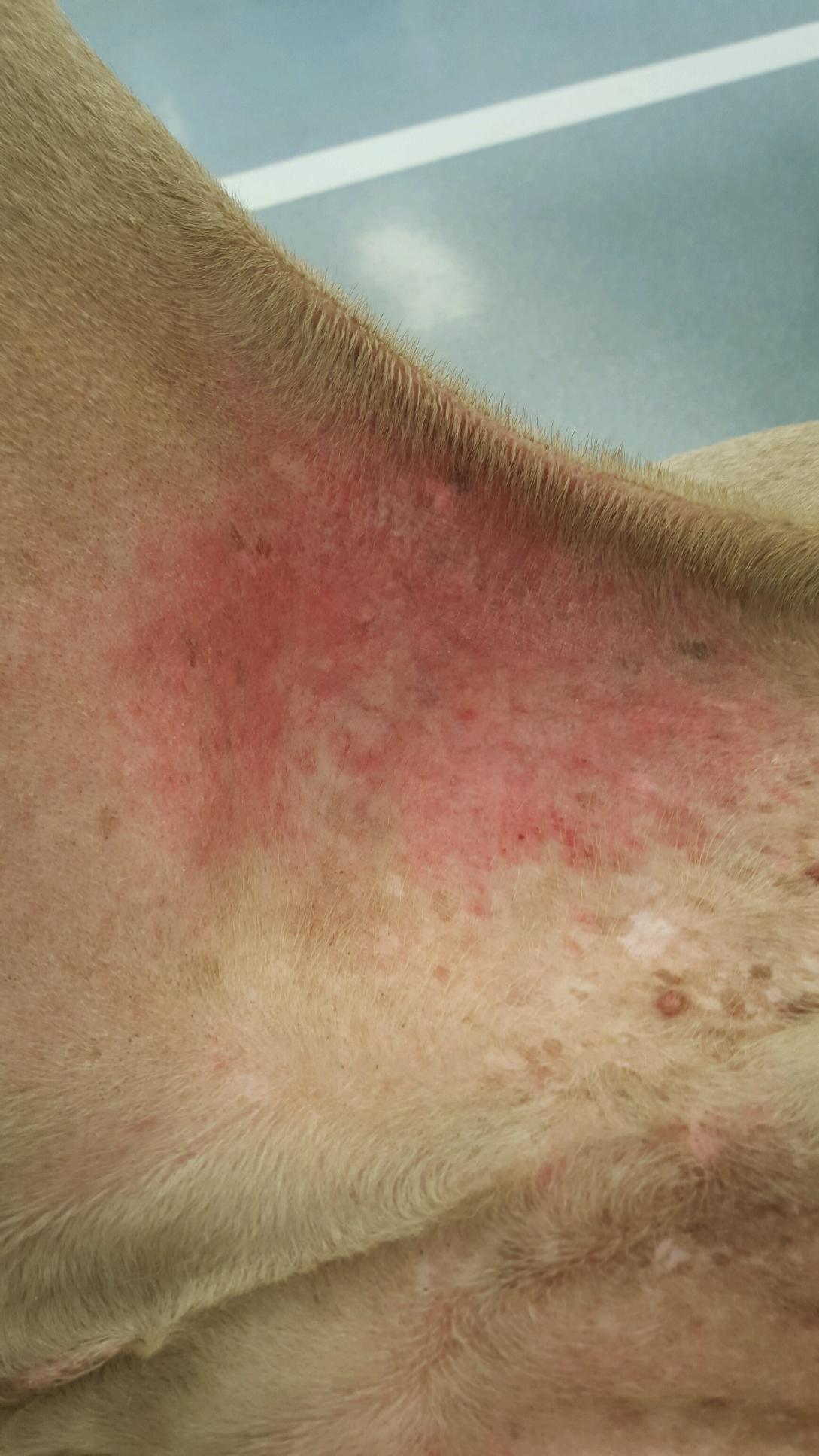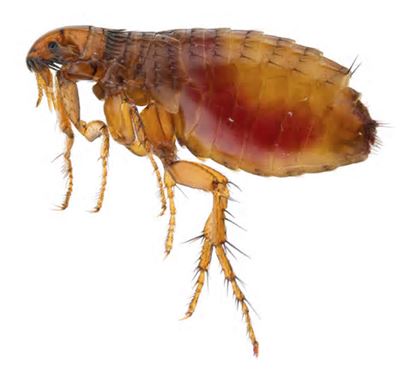Allergy Season is Here
Do you suspect your pet has allergies?
While allergy season for pets may be similar for people, the symptoms your pet experiences are quite different. People with allergies often sneeze, have a runny nose and itchy eyes. Pets, on the other hand, commonly manifest their allergy symptoms through their skin. Symptoms associated with allergies include itching, redness, obsessive licking, paw biting, scooting, and hair loss. Common areas affected by allergies include: face, ears, arm pits, feet, flanks, and abdomen.
Any dog can develop allergies at any time during his life, but allergic reactions seem to be especially common in Retrievers, Terriers, Bull Dogs, Beagles, Setters, and Pugs. Inhalant allergies seem to develop most commonly during the first three years of life.
Allergies in cats are less common. Signs your cat has allergies can be when they groom excessively, or scratch at their ears. Many cats with allergies develop lumpy-bumpy, crusty sores around the neck and tail base.
Common types of allergies your pet may be experiencing can be from fleas, food, or environmental (inhalant or contact).
Fleas are the most common cause of allergies. Start a flea control program for all the pets in the household. Outdoor pets can bring fleas in the house to your indoor- only pets.
If your pet is suspected of having a food allergy, he will need to be put on an exclusive prescription diet.Common foods that dogs are allergic to include beef, chicken, pork, dairy, corn, wheat, soy and fish (for cats.)
Environmental allergies are caused by an over-reactive immune system responding to normal, nontoxic substances, in your pet’s environment, such as pollens, mold or dust mites. Weekly bathing may help relieve itching and remove environmental allergens and pollens from your dog’s skin. Our vets can recommend which prescription shampoos are best, as frequent bathing with the wrong shampoo can dry-out your pet’s skin.

Allergic pets may also suffer from secondary bacterial or yeast skin infections, which may cause hair loss, scabs or crust on the skin. Ear infections and conjunctivitis may also occur.

While there is no cure for allergies, your pet’s symptoms can be relieved with a combination of therapies to treat infections, parasites, and itching. The goal of any allergy therapy is to control the itching and limit skin and ear infections. Our veterinarians will tailor your pet’s treatment according to its individual needs.





